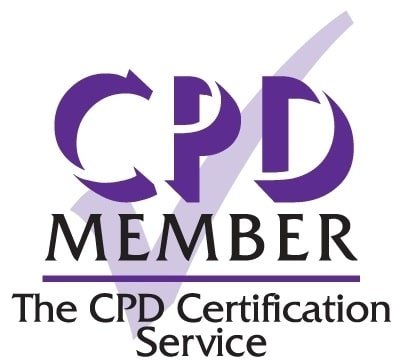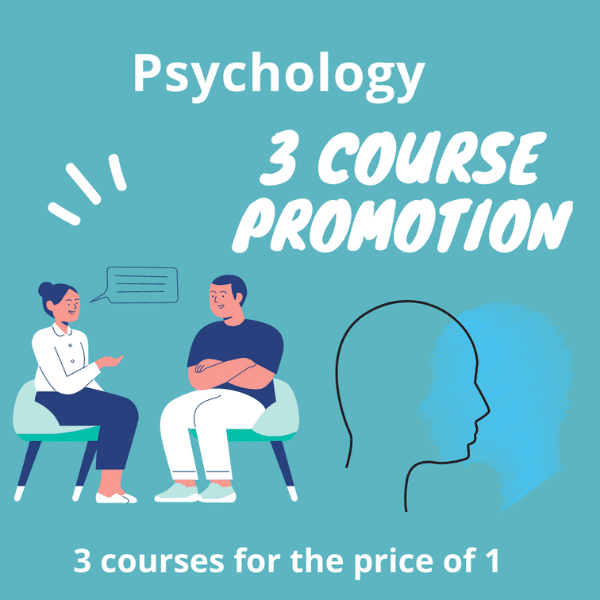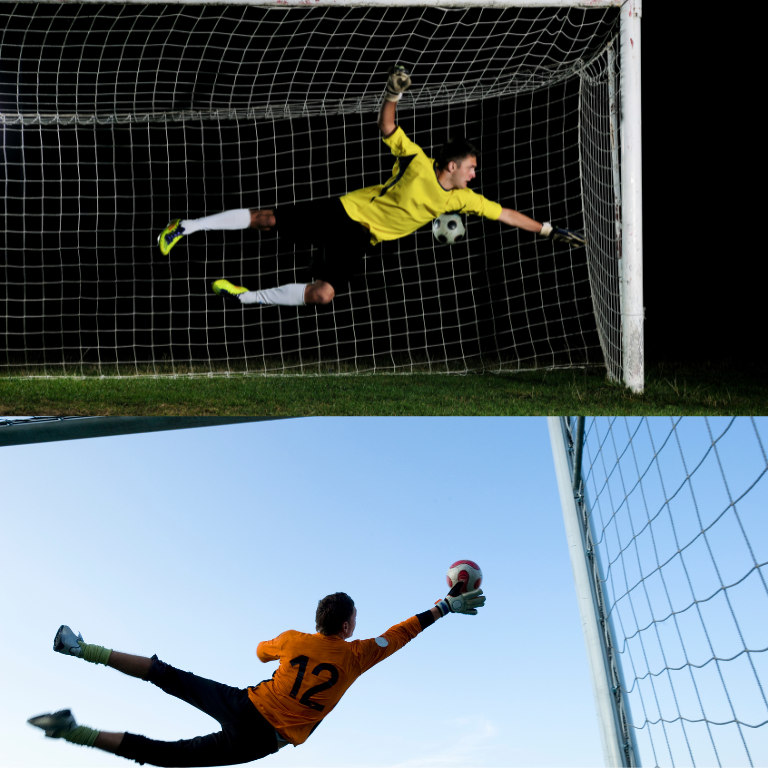Diploma in Sports Psychology
“Everyone is trying to figure out how to maximize talent” That means finding an edge that goes beyond being in top physical form.
“Gold medals aren’t really made of gold. They’re made of sweat, determination, and a hard-to-find alloy called guts.”
–Dan Gable
Sport psychology is one of the fastest growing fields within competitive sport. We have only recently begun to realize the importance as well as powerful benefits associated with understanding and mastering the mind. Unquestionably, the mental component of sport is invariably important. The difference between winning and losing often comes down to the mental toughness of the athlete.
Generally speaking, we live in a sport-loving society. Industry analyst Plunkett Research Ltd. estimates that the U.S. sports market generates $400 billion in revenue in a typical year ever from ticket sales for major league games to equipment sold in sporting goods stores.
According to Scott Goldman, PhD, director of clinical and sport psychology at the University of Arizona “Everyone is trying to figure out how to maximize talent” That means finding an edge that goes beyond being in top physical form. “We believe the field really is performance psychology,” says Mark Aoyagi, PhD, director of sport and performance psychology at the University of Denver. “This isn’t specific to sports, even though it developed from sports.”
DIPLOMA IN sports PSYCHOLOGY Course OvervieW
Salaries for sports psychologists depend on the amount of education and training the professional has, as well as the clientele that psychologist attracts. According to the U.S. Bureau of Labor Statistics (BLS), the average salary for psychologists, all other, including sports psychologists, is $88,400 per year in May 2013.Of course, sports psychologists who work with professional athletes will be among the highest paid.
Our 6-month online course in Sport Psychology will help you gain expertise in this growing field, and provides you with an opportunity to increase knowledge, allowing you to choose a professional career with excellent employment outlook.Whether you are just starting off, a professional, or an instructor, this course is specifically designed to provide a solid foundation in the fastest growing field of Sport Psychology.
LEARNING OBJECTIVES AND COURSE BENEFITS
Students will be able to describe, discuss, apply, and evaluate the major theories of psychology within the context of sport and exercise. With interactive hand-on activities, students will also be able to visualize the concepts in action, enhancing their learning.
This course is a scientific study of the psychological factors associated with participation and performance in sport activities. Emphasis will be placed on how psychological principles, theories, and research can be used to understand and enhance sport performance from a practical view point. Topics will include historical and theoretical perspectives of sport psychology, research methods, and the relationship between sport performance and various personality, motivational, and social psychological variables.
KNOWLEDGE
By the end of this course students will have a better understanding of how and why:
- Origins of Sport Psychology, its development overtime along with various theories. This will enhance your understanding and lay a solid foundation.
- You will have an increased understanding of what motivates athletes, with relevant practical know-how about various techniques as well as theories.
- How to effectively deal with Stressful situations that athletes encounter during the course of their career.
- Be able to know various research methods and various leadership roles in sport psychology, and how to effectively deal with athletes who face burnout situation or face injuries.
SKILLS
By the end of this course students will have developed the ability to:
- Help build a career in Sport Psychology and how to conduct assessment of athletes.
- Understand how to motivate athletes by effectively applying various theories of motivation.
- Understand and apply various techniques in dealing with stressful situations and how to cope with anxiety related matters.
- Understand effective ways to exercise and apply visualization related techniques and how athletes can benefit from them.
- You will have developed the skills to perform counseling among athletes and provide recommendations regarding dangers of drug and steroid use.
- Understand various relaxation and hypnosis concepts and successfully apply in various situations.
ABILITIES
By the end of this course students will have developed a deeper understanding of:
- Psychological theories and research methodologies for the enhancement of performance in sports, e.g., personality, motivation and emotion, physiology, and socio-cultural factors.
- Compare and contrast psychological theories and research related to sport and exercise behavior.
- Explore the various skills involved in developing emotional and mental control: anxiety & arousal, anger management, concentration, imagery, and confidence.
- Integrate effective goal setting practices within their own lives.
- Examine and apply to current trends in sports and fitness: the various pitfalls of eating disorders, substance abuse, and addictive behaviors.
- Identify and explain the practical application of motivational theories with regard to sports, fitness, and exercise.
Testimonial
Sherif Ekramy
Egypt goalkeeper
Course Content
- What is sport psychology
- Theories of performance
- Origins of Sports Psychology
- Assessment of athletes
- Skills of a sports Psychologist
- Neuropsychology and sport
- Motivation theories
- Burnout
- Excellence in coaching
- Arousal and Performance
- Mental conditioning
- Goal setting
- Mental Rehearsal.
- The Relationship between Anxiety and Performance
How Motivation Affects Sports Performance
1. Neuropsychology and Sport: An Overview
2. Cognitive Motor Learning and Skills Acquisition
3. Motivation theories – how motivations affects – The Cognitive Advantage
4. Direct Perception Approaches
5. Motor learning
6. Cognition
7. Attention
8. Tactile – Kinesthetic Learning and Styles
Anxiety, Arousal, and Stress Relationships
1.Differentiating among the terms Anxiety, Arousal and Stress
2.The Multidimensional nature of Anxiety
3.Antecedents of Anxiety
4.Measurement of Anxiety
5.Time-to-event nature of Precompetitive Anxiety
6.The Relationship between Anxiety and Performance
7. Heart Activity and Heart Rate Deceleration/Variability Biofeedback
8. Sport Psychophysiology
9. Everything you need to know about Sports Biofeedback
PSYCHOLOGICAL INTERVENTION FOR SPORTS INJURIES AND ILLNESSES
1. ATHLETES PSYCHOLOGICAL RESPONSE TO INJURY
2.PSYCHOLOGIST ROLE IN PROVIDING SOCIAL SUPPORT
3.PREDICTORS OF INJURY
4.PHYSICAL RESPONSE TO STRESS
5.EMOTIONAL RESPONSE TO STRESS
6.BURNOUT
7.PSYCHOLOGICAL EFFECTS OF INJURY ON THE PSYCHOLOGIST
8.PSYCHOLOGICAL FACTORS OF REHABILITATION PROCESS
9.IMPROVING HEALING PROCESS
Accreditation
We are an approved Training Provider with The CPD Certification Service in London.
The CPD Certification Service was established in 1996 as the leading independent CPD accreditation institution operating across industry sectors to complement the Continuing Professional Development policies of professional institutes and academic bodies. The CPD Certification Service provides support, advice and recognised independent CPD accreditation compatible with global CPD principles.

ENTRY REQUIREMENTS
The course is open to everybody. You do not need to have any formal education or a degree to participate.
Time limited offer
Get 3 of our courses for the price of one!
✔️ Receive training in all the major schools of psychology.
✔️ You can do the courses one at a time! You can even gift one to a colleague.
✔️ A Diploma Certificate is awarded for each course successfully completed.
✔️ There is no time limit for completion – take your time and enjoy the learning.

COURSE DELIVERY & ASSESSMENT
The course is delivered completely online through our website. Each unit comprises reading material, short videos, and slide presentations. There are two written assignments for this course to be submitted at the end of Unit 2 and the end of 4.
You will find the assignment questions on your dashboard. The questions are straightforward and relate directly to the reading material.
Your course tutor is Dr Crimmins and he is available by email to answer any questions that you may have relating to the course material
enrolment PROCESS
Once payment is received we will register you to begin the course immediately. We will send you the course log in details by email and you can log straight into the course dashboard where all the course materials are contained.
The cost of £395 is the total cost of the training, this includes the Diploma which is emailed to you on successful completion of the course. There are no extra or hidden charges.
Make your learning journey more accessible with easy monthly payments!
Invest in your skills and knowledge without the upfront cost. Split the full course fee of £395 into 4 convenient monthly payments of just £99 (Please note, prices displayed may vary depending on your location and currency). This flexible option allows you to spread the cost and budget comfortably, making education more accessible than ever.
Here’s how it works:
- Enroll in the course and choose the “Subscription” option at checkout at the bottom of this page.
- Pay your first installment of £99 immediately.
- Three subsequent payments of £99 will be automatically charged to your card each month for the next three months. (Please note, prices displayed may vary depending on your location and currency)
Benefits of choosing the split payment option:
- Budget-friendly: Enjoy peace of mind knowing your investment is spread over manageable monthly payments.
- Start learning now: Don’t wait to begin your educational journey! Enroll and start learning immediately.
- Increased affordability: This option makes the course more accessible to a wider range of learners.
Start your learning journey today with our flexible payment option below!

